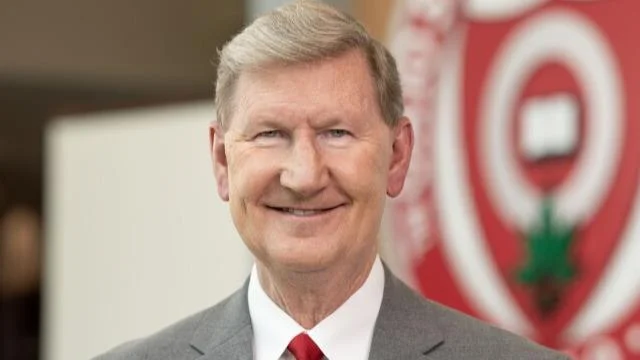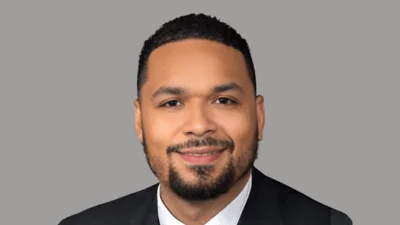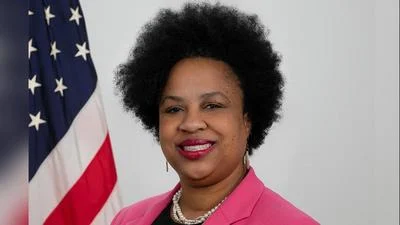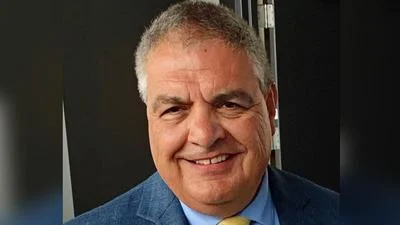Walter “Ted” Carter Jr. President at Ohio State University | Official website
Walter “Ted” Carter Jr. President at Ohio State University | Official website
The Ohio State University Early Head Start Partnership Program has secured a five-year, $23 million expansion grant from the U.S. Department of Health and Human Services. This funding will allow the program to increase its capacity by 189 slots, adding to the current 263 children and families it serves in Columbus through Early Head Start.
Don Fuzer, the program’s principal investigator, explained that this expansion aims to provide a birth-to-5 model of high-quality early education and services. “By adding 189 Head Start child care slots to our existing program, we will create a birth-to-5 model of high-quality early education and services to ensure continuity of care for children and their families,” he stated.
Head Start and Early Head Start are free programs funded federally to aid school readiness for young children from low-income backgrounds. These programs focus on pregnant women and families with children up to age 3, while Head Start serves those aged 3 to 5.
Sherrie Sutton, the program’s executive director, emphasized their mission: “We strive to meet the needs of families who live in ZIP codes that have the highest rates of poverty, infant mortality and lack of resources.”
Melanie Tracy from the College of Education and Human Ecology’s Schoenbaum Family Center highlighted their unique approach involving cross-collaboration among university departments. She noted, “We not only offer early childhood education... but our goal is to also work with parents to ensure family stability.”
The program boasts a zero percent infant mortality rate among participating expectant mothers due to comprehensive neonatal services. It includes weekly home visits for parents needing support with educational barriers for their children.
Tracy mentioned that last year, “Twenty-four percent of those families experienced homelessness or housing insecurity.” The program works with various community agencies and Ohio State departments like Nursing, Optometry, Speech and Hearing, and the Nisonger Center.
In 2023, twenty-nine percent of children served had developmental disabilities. Jennifer Kosla from the College of Nursing discussed how nursing students assist parents with stress management and mental health issues. Socialization events at public libraries also help parents share experiences.
The Ohio State Early Head Start Program has gained national recognition from the Bipartisan Policy Center in Washington, D.C., for its innovative methods. Kosla added that they provide continuous support from pregnancy until kindergarten entry: “Our families receive support beginning in pregnancy until the child enters kindergarten.”
The program was founded in 2015 through federal funding. Further details can be found on their website.






 Alerts Sign-up
Alerts Sign-up